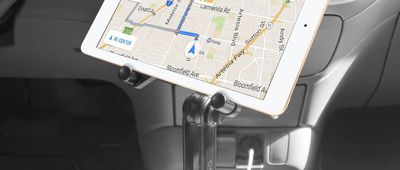How Social Media Affects Job Hunters
The days of looking in the classified section of a newspaper and circling job listings are long gone. Companies now use all the tools of the digital age to find candidates for new positions. If you're looking for a job, you can leverage social media to help find the job of your dreams, but you also need to be careful not to blow it with a poorly conceived tweet. We spoke to experts in social media and job hunting to get these tips for using social media to land your next job.



































